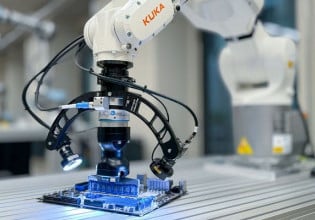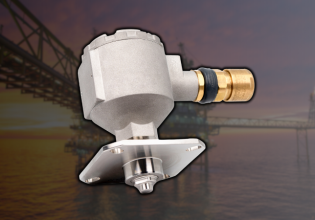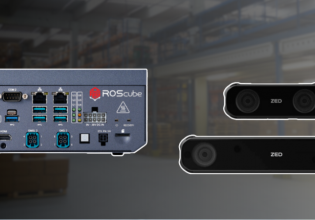A
I have interview scheduled for the PLC programmer's position by one of the companies that manufactures control panels. Even though I have profound knowledge of PLC programming (performed variety of academic projects using PLC programming), I do not have work experience in PLC programming. Therefore, what type questions should I expect in the interview?






